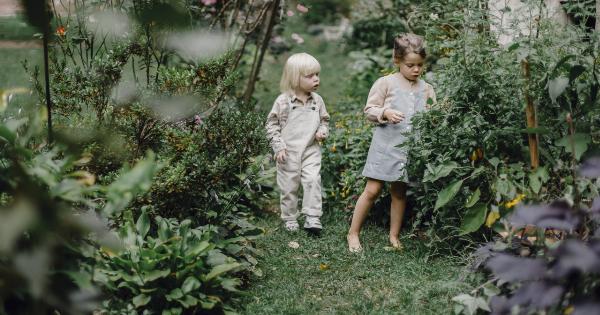Being young comes with many challenges and limitations.
One of the most common things young people hear is “You’re too young to understand.” This phrase is often used by adults to dismiss the opinions, feelings, and experiences of young individuals. It implies that their age automatically disqualifies them from having valid thoughts or emotions. But is this statement fair? Does age really determine someone’s capacity to understand? Let’s explore this topic further.
1. Age as a Barrier
The notion that age serves as a barrier to understanding is rooted in the belief that experience is a prerequisite for wisdom. It is true that life experiences can shape our perspectives and provide valuable insights.
However, dismissing someone solely based on their age overlooks the fact that understanding can be gained through various means.
2. Emotional Intelligence
Emotional intelligence, the ability to understand and manage emotions effectively, is not solely dependent on age. Some young people have a remarkable capacity to empathize and connect with others, even if they may lack extensive life experience.
Emotional intelligence is not exclusive to older individuals and should not be discounted based on age alone.
3. The Power of Perspective
While age can provide a broader perspective due to accumulated experiences, young individuals bring a fresh and unique outlook to various situations.
Their lack of preconceived notions and societal biases can lead to innovative solutions and fresh ideas. Dismissing their perspectives based on age may deprive us of valuable insights that could potentially drive positive change.
4. Intellectual Curiosity
Intellectual curiosity knows no age limits. Young people often display a thirst for knowledge and a desire to explore new ideas. Their inquisitive minds can lead to breakthroughs and discoveries.
Encouraging their curiosity rather than dismissing it can foster a love for learning and personal growth.
5. Engaging in Conversation
Instead of writing off young people, it is essential to engage in meaningful conversations with them. Listening to their opinions and experiences can promote mutual understanding and bridge the generational gap.
By creating an environment that values inclusivity and open dialogue, we can encourage young individuals to share their perspectives freely.
6. Shaping the Future
Young people are not just the future; they are actively shaping the present. Whether it be through activism, entrepreneurship, or innovation, young individuals have proven time and again that age should not be a limiting factor.
By empowering them and involving them in decision-making processes, we can create a better future for everyone.
7. Acknowledging Individual Differences
It is important to recognize that everyone is capable of understanding to varying degrees, regardless of age. Generalizations about a whole demographic based on their age do a disservice to individuals who defy those stereotypes.
It is crucial to evaluate each person on their own merits, rather than rely on assumptions about their age.
8. The Importance of Mentorship
Mentorship plays a crucial role in fostering understanding and growth. Experienced individuals can guide young people by sharing their knowledge and perspectives, while also being open to learning from them.
The mentor-mentee relationship can create a symbiotic environment where both parties benefit from each other’s insights and experiences.
9. Building Empathy
Empathy is a skill that can be developed at any age. By exposing young individuals to diverse experiences and encouraging them to understand different perspectives, we can build a more compassionate society.
Empathy fosters understanding and bridges the gap between generations, allowing for meaningful connections to be formed.
10. Embracing Age Diversity
True understanding can only be achieved when we embrace age diversity and recognize the value that each generation brings. Every age group has unique experiences and insights to offer.
By fostering intergenerational collaboration and breaking down age-related barriers, we can create a society that benefits from the wisdom of the past, the innovation of the present, and the hope of the future.































